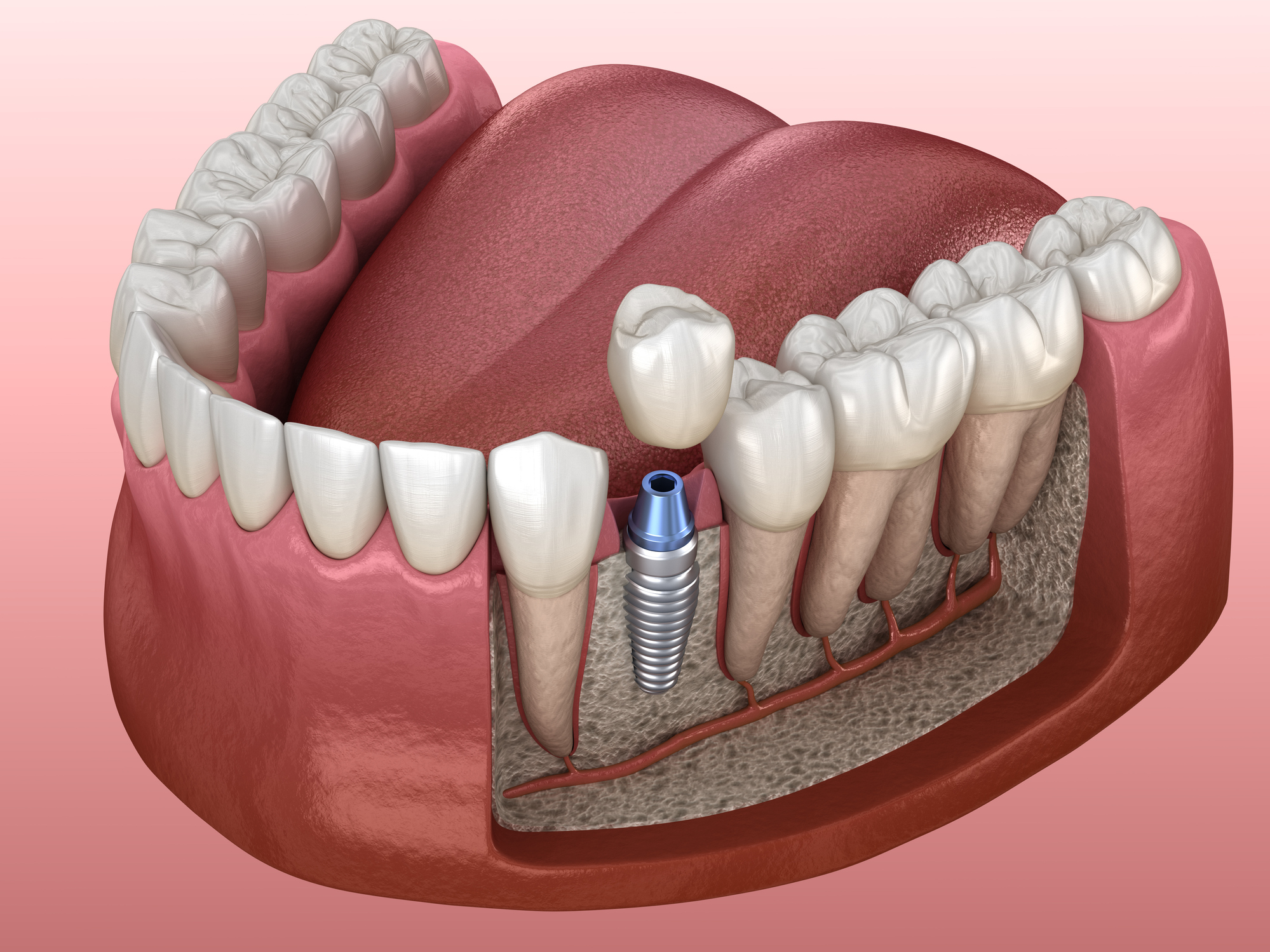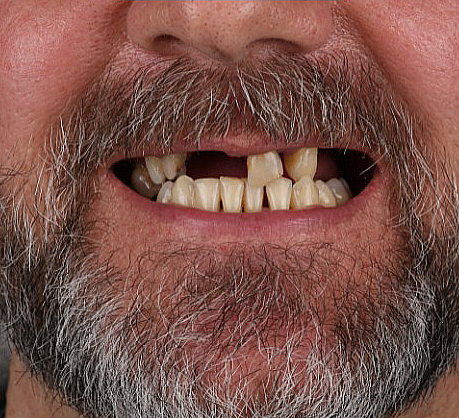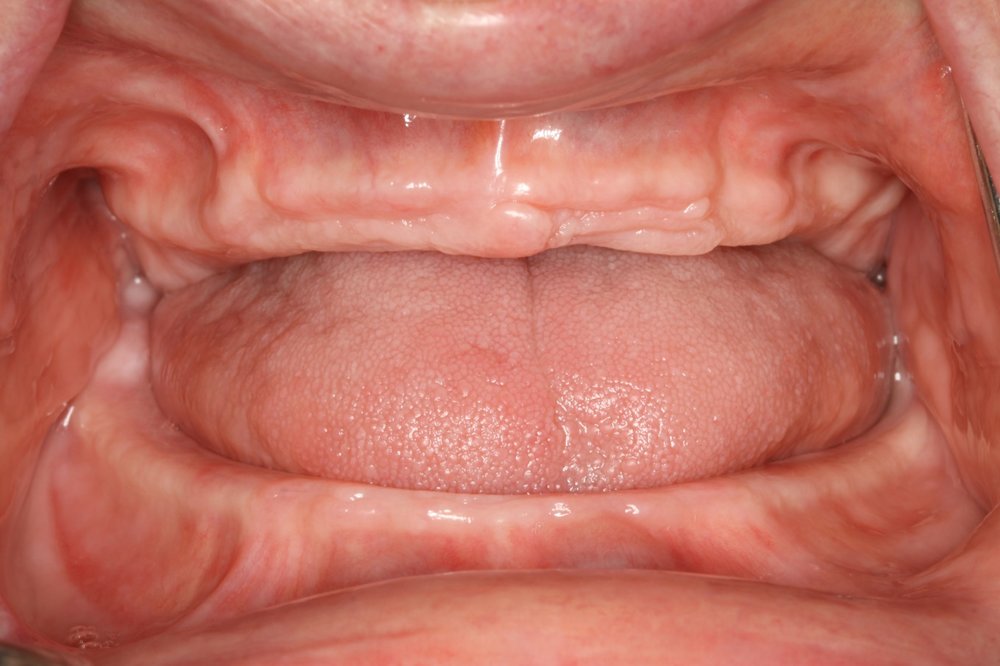In This Article
Introduction:
This is David and I am a dental implant educator at Chicago I implant Studio. In this article I will answer one of the common questions I get from patients at the consultation appointment with our implant specialist “What is the best bone density for dental implants?”
When it comes to dental implants, a crucial factor for long-term success is the bone density of the jaw. Adequate bone density provides a solid foundation for implant placement, ensuring stability and durability. In this article, we will delve into the importance of bone density for dental implants and discuss how to achieve the best bone density for a successful implant procedure.
Understanding Bone Density and Its Significance:
Bone density refers to the amount of mineralized bone tissue present in a specific area. In the context of dental implants, it is crucial because the implant fixture is anchored securely into the jawbone, mimicking the natural tooth root. Insufficient bone density can compromise the stability of the implant and increase the risk of implant failure.
Ideal Bone Density for Dental Implants:
While the optimal bone density for dental implants can vary depending on individual factors, general guidelines exist. Typically, a minimum bone density of 350 to 850 Hounsfield units (HU) is considered necessary for successful implant placement. However, it’s important to note that these values may differ based on the specific implant system and the dentist’s recommendations.
Factors Affecting Bone Density:
- Jawbone Resorption: Over time, tooth loss or extraction can lead to jawbone resorption, where the bone volume decreases. This process reduces bone density and poses a challenge for implant placement. Timely implantation after tooth loss can help preserve bone density.
- Periodontal Disease: Chronic periodontal disease can cause bone loss around teeth, affecting overall bone density. Addressing and treating periodontal disease before implant placement is crucial to ensure a healthy implant environment.
- Smoking: Smoking has been linked to reduced bone density and impaired healing. If you are a smoker considering dental implants, quitting or reducing smoking can significantly improve the chances of implant success.
Methods to Improve Bone Density:
- Bone Grafting: In cases where the existing bone density is insufficient, bone grafting techniques can be employed. This procedure involves adding bone graft material to the deficient area, stimulating new bone growth and improving density.
- Sinus Lift: When the upper jaw lacks adequate bone density, a sinus lift may be necessary. This procedure elevates the sinus membrane and creates space for bone grafting in the upper jaw, facilitating implant placement.
- Ridge Expansion: In situations where the jaw ridge is too narrow to support an implant, ridge expansion can widen the ridge using bone grafts or other materials. This technique enhances bone density and creates a stable foundation for the implant.
Conclusion:
Achieving optimal bone density is a critical aspect of dental implant success. Understanding the significance of bone density and the factors that can influence it empowers patients to make informed decisions about their implant procedures. If you are considering dental implants, consult with an experienced dentist who can assess your bone density and recommend appropriate treatments to enhance the success and longevity of your dental implants. Remember, investing in a solid foundation today can lead to a lifetime of confident smiles tomorrow.
If you are looking for state-of-the-art single and multiple tooth to full jaw All-on-4 dental implants, schedule a no-obligation free consultation with Chicago Implant Studio dental implant experts. Schedule a free consultation online today or call us at (331) 257-7999.






